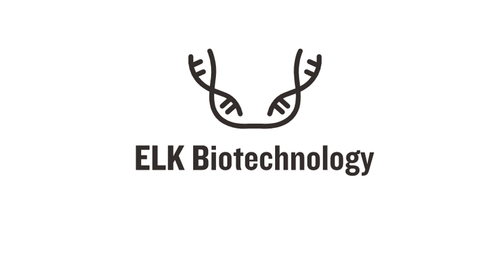Product Description
Human Signal-regulatory protein beta-1 (SIRPB1) ELISA Kit | AE19485HU | Abebio
Species Reactivity: Human (Homo sapiens)
Abbreviation: SIRPB1
Alternative Name: RP4-576H24.1; CD172b; DKFZp686A05192; FLJ26614; SIRP-BETA-1;
Application: ELISA
Range: 0.312-20 ng/mL
Sensitivity: 0.109 ng/mL
Intra-Assay: ≤4.6%
Inter-Assay: ≤6.6%
Recovery: 0, 88
Sample Type: Serum, Plasma, Other biological fluids
Detection Method: Sandwich
Analysis Method : Quantitive
Test Principale: This assay employs a two-site sandwich ELISA to quantitate SIRPB1 in samples. An antibody specific for SIRPB1 has been pre-coated onto a microplate. Standards and samples are pipetted into the wells and anySIRPB1 present is bound by the immobilized antibody. After removing any unbound substances, a biotin-conjugated antibody specific for SIRPB1 is added to the wells. After washing, Streptavidin conjugated Horseradish Peroxidase (HRP) is added to the wells. Following a wash to remove any unbound avidin-enzyme reagent, a substrate solution is added to the wells and color develops in proportion to the amount of SIRPB1 bound in the initial step. The color development is stopped and the intensity of the color is measured.
Product Overview: Signal-regulatory protein beta 1 is a member of the signal-regulatory-protein (SIRP) family, and also belongs to the immunoglobulin superfamily. SIRP family members are receptor-type transmembrane glycoproteins known to be involved in the negative regulation of receptor tyrosine kinase-coupled signaling processes. This protein was found to interact with TYROBP/DAP12, a protein bearing immunoreceptor tyrosine-based activation motifs. This protein was also reported to participate in the recruitment of tyrosine kinase SYK. Alternatively spliced transcript variants have been found for this gene. The signal regulatory protein-beta1 (SIRPbeta1) is a DAP12-associated transmembrane receptor expressed in a subset of hematopoietic cells. Recently, it was shown that peritoneal macrophages express SIRPbeta1, which positively regulated phagocytosis.
Stability: The stability of ELISA kit is determined by the loss rate of activity. The loss rate of this kit is less than 5% within the expiration date under appropriate storage condition. The loss rate was determined by accelerated thermal degradation test. Keep the kit at 37°C for 4 and 7 days, and compare O.D.values of the kit kept at 37°C with that of at recommended temperature. (referring from China Biological Products Standard, which was calculated by the Arrhenius equation. For ELISA kit, 4 days storage at 37°C can be considered as 6 months at 2 - 8°C, which means 7 days at 37°C equaling 12 months at 2 - 8°C) .
 Euro
Euro
 USD
USD
 British Pound
British Pound
 NULL
NULL








